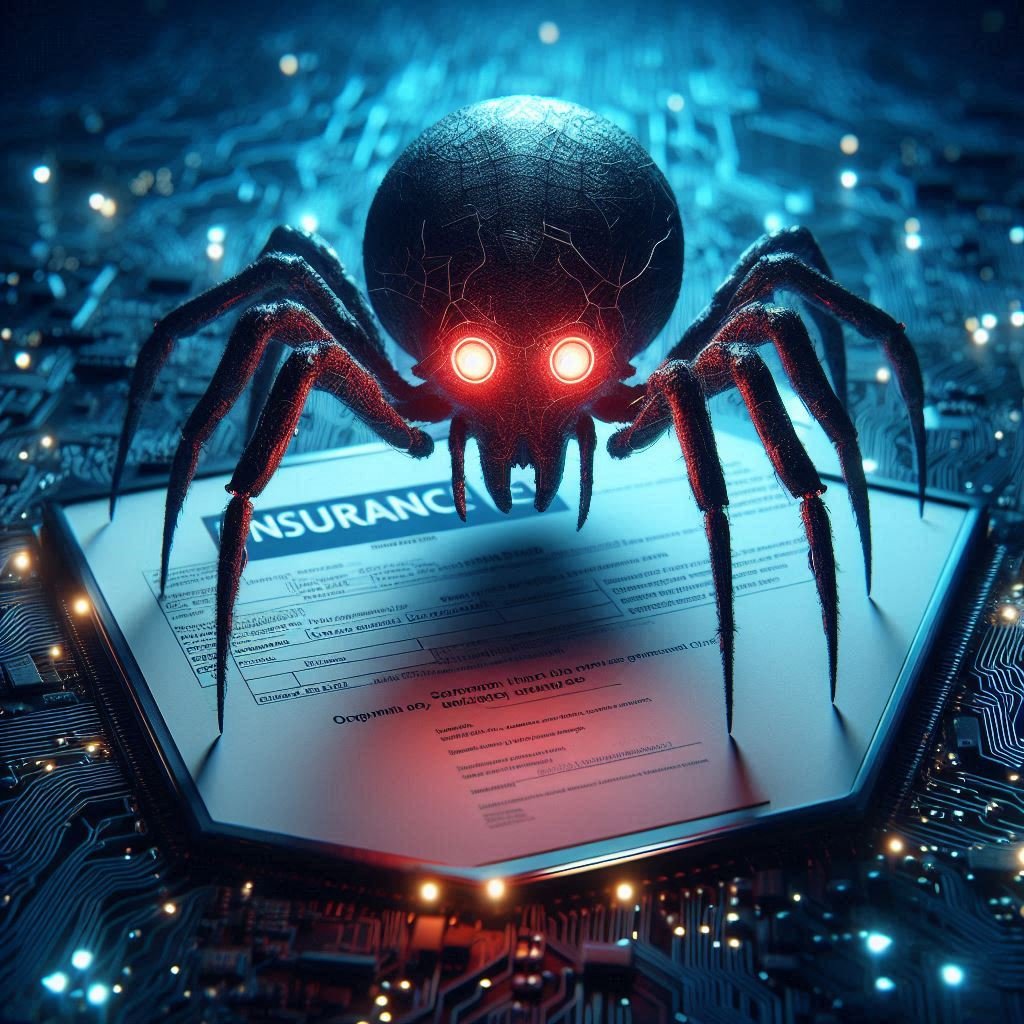The Insurance Industry Under Siege: A Scattered Spider Wake-Up Call
Introduction
Over the past two weeks, a wave of cyberattacks has rattled major U.S. insurance players—most notably Erie Insurance and Philadelphia Insurance Companies. These incidents, involving network disruptions and system shutdowns, are now linked to Scattered Spider (also known as UNC3944), a hacker collective notorious for its targeted social engineering campaigns.
Who’s Behind It: Scattered Spider’s Playbook
Formerly focused on U.K. and U.S. retailers, Scattered Spider is now pivoting to the insurance sector. This group is known for impersonating IT staff, deceiving help desks, and bypassing multi-factor authentication—leveraging high-tech social engineering techniques.
What We Know So Far
| Company | Incident Date | Impact |
|---|---|---|
| Philadelphia Insurance (Tokio Marine) | June 9 | Email, phone, and digital services taken offline; staged recovery underway |
| Erie Insurance | June 7 | Suspicious network activity; critical systems taken offline; SEC filing; gradual restoration |
Why Insurance? High Stakes, High Rewards
Insurance firms are treasure troves of personal and financial data—making them prime ransomware targets. Scattered Spider appears to be testing sector defenses by focusing attacks sequentially within an industry.
What Insurance Companies Should Do Now
- Reinforce Social Engineering Awareness
- Increase employee training, especially for IT, help desk, and call center personnel.
- Strengthen Security Protocols
- Enforce strict multi-factor authentication, limit administrative access, and proactively block suspicious logins.
- Engage Detection and Response Teams
- Deploy cybersecurity specialists and notify authorities immediately.
- Prepare Public and Regulatory Communication
- Establish disclosure protocols and crisis communication strategies to maintain trust.
The Broader Implications
This pivot in targeting strategy is a clear warning: no industry is immune. Firms with valuable data—including finance, healthcare, and law—must assume they’re next. Now is the time to assess cyber insurance policies, backup procedures, and incident readiness.



Comments are closed